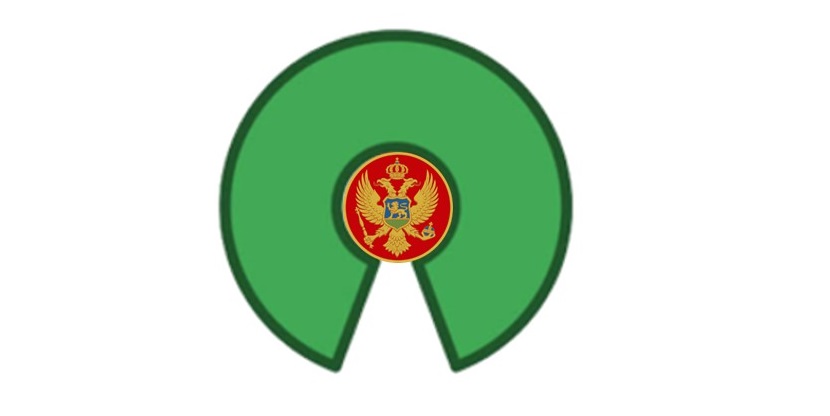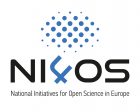
The first strategic document related to Open Science in Montenegro has been adopted by the Government of Montenegro on June 25th, 2020. The document entitled “Programme of Implementation of Open Science Principles in Montenegro with the Action Plan (2020–2022)” , currently available in Montenegrin, was created using a top down approach, with the Ministry of Science initiating the activity.
The Programme applies to researchers, research funding organizations and research performing organizations. Montenegro aspires to align its research system with the European Research Area where Open Science is becoming the default mode of operation for researchers, research funders and other stakeholders. The provision of the Programme for the realization of Open Science principles in Montenegro (2020-2022) are aligned with the requirements on open access to publications and research data in Horizon 2020 Framework Programme for Research and Innovation (2014-2020), taking also into account the developments of Open Science, which will be included into the Horizon Europe Framework Programme for Research and Innovation (2021-2027), i.e., the part on research infrastructures, skills and training as well as on research assessment. The Programme is perceived as the first phase in aligning the Montenegrin research ecosystem with Open Science in the European Research Area. The action plan specifies activities with related indicators, responsible organizations, periods and funding needed to ensure conditions for implementation of the Programme.
A two-level governance structure for the implementation of the Open Science principles in Montenegro is planned with a strategic working group, composed of representatives of all interested national Open Science stakeholders, as well as the operational working group from the Ministry of Science of the Government of Montenegro.
The document was crated by a working group nominated by the Minister of Science and expert from Slovenia, Ms. Kotar Mojca. Mr. Enis Kočan, member of NI4OS-Europe partner University of Montenegro, was involved in the creation of this document. Besides the working group, all the interested research performing/suporting institutions were called to particpate in forming the document through the provision of advice and comments, as well as through public consultations, with 15 of them responding to the call.
